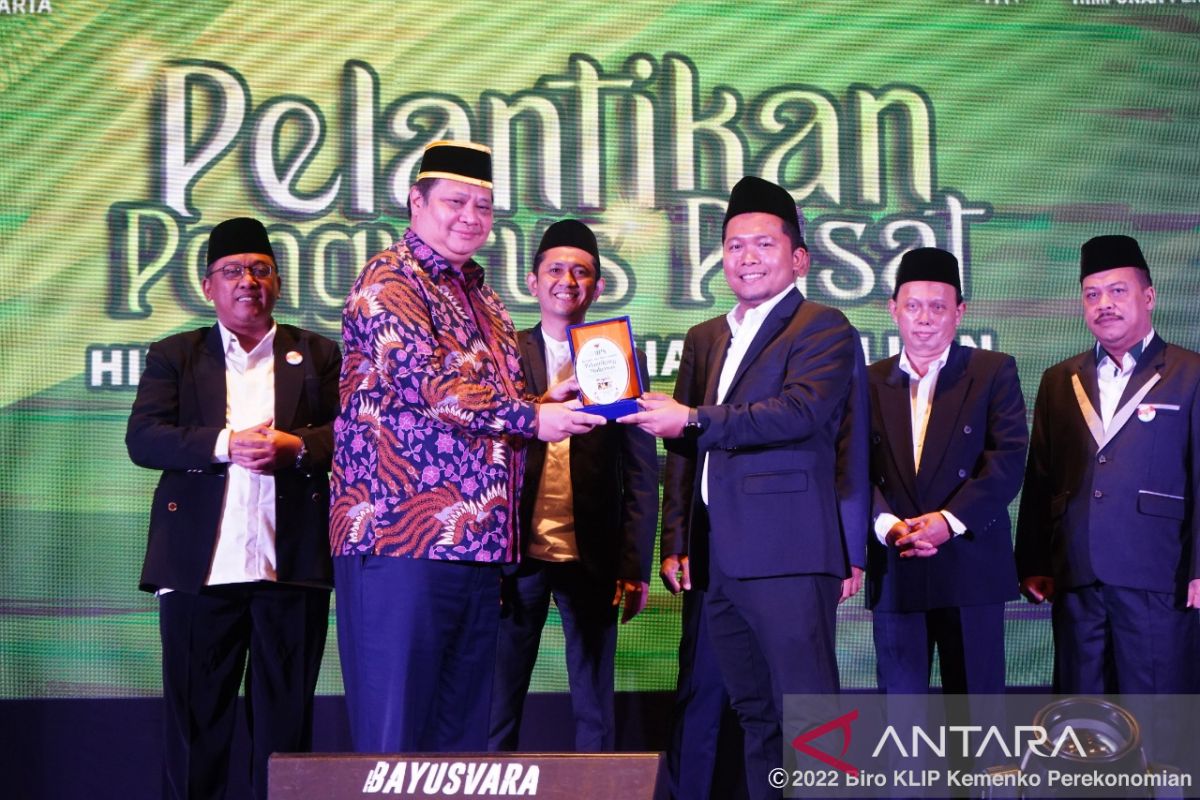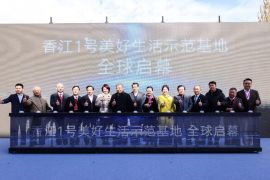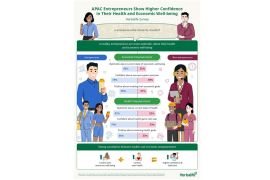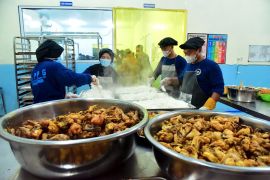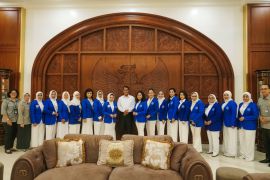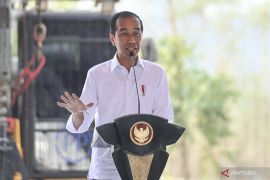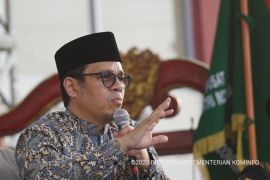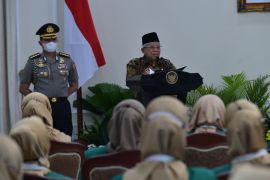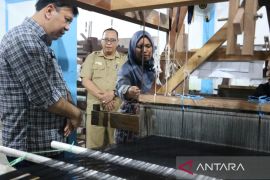"Nahdliyin entrepreneurs throughout Indonesia have a very strategic role to make the most of this potential by becoming a driving force for the people's economy," Hartarto noted in a statement received in Jakarta on Thursday.
According to the minister, Nahdliyin entrepreneurs also played a role in Islamic finance, digitizing MSMEs, and the halal industry through various business opportunities and partnerships at the national and global levels.
"The success of the Nahdliyin entrepreneur is highly needed by Indonesia," he stressed.
Hartarto noted that in early 2022, the government had implemented a policy of easing mobility in line with a decline in the number of COVID-19 cases in Indonesia, which then triggered an increase in community economic activities.
In the midst of increasing public mobility and despite being overshadowed by global economic pressures, the Indonesian economy was still able to grow strongly at 5.01 percent in the first quarter of 2022.
Hence, Hartarto emphasized that the momentum of economic recovery should be maintained and jointly enhanced in order to boost the people's welfare.
Also crucial are structural reforms, especially for improving the quality of human resources and economic transformation, which are vital to encourage the creation of sustainable and inclusive development.
"Indonesia's economic development is largely determined by the quality of business actors, so that the ability to adapt quickly, with character, and with high competitiveness is the main prerequisite that entrepreneurs need to have," he remarked.
The minister further noted that despite the number of MSMEs in Indonesia having currently reached 64.2 million and contributing significantly to the National GDP, Indonesia's entrepreneurship ratio was still relatively low at 3.47 percent.
As a country with a Muslim population of 87 percent and the largest in the world, Indonesia has abundant resources with huge domestic and global halal market potential.
Related news: WEF 2022: Ministers discuss MSME digitization with Queen Maxima
Hence, the government is committed to developing an entrepreneurial ecosystem and financing support, through various approaches, such as the People's Business Credit (KUR) Program that had emerged as an easy, cheap, and inclusive financing for business actors at the ultra-micro, micro, small, and medium scale.
"The government is always ready to cooperate with the HPN (Nahdliyin Entrepreneurs Association), and it is hoped that this collaboration would improve the people's economy," he stated.
Hartarto also expressed optimism that HPN would not only serve as a forum but also become a vehicle for improving the quality and business capacity of MSMEs, empowering the socio-economic community, and becoming an incubator for the birth of new entrepreneurs.
Related news: Regional budgets must factor in 40% domestic product spending
Translator: Kuntum K, Azis Kurmala
Editor: Rahmad Nasution
Copyright © ANTARA 2022
